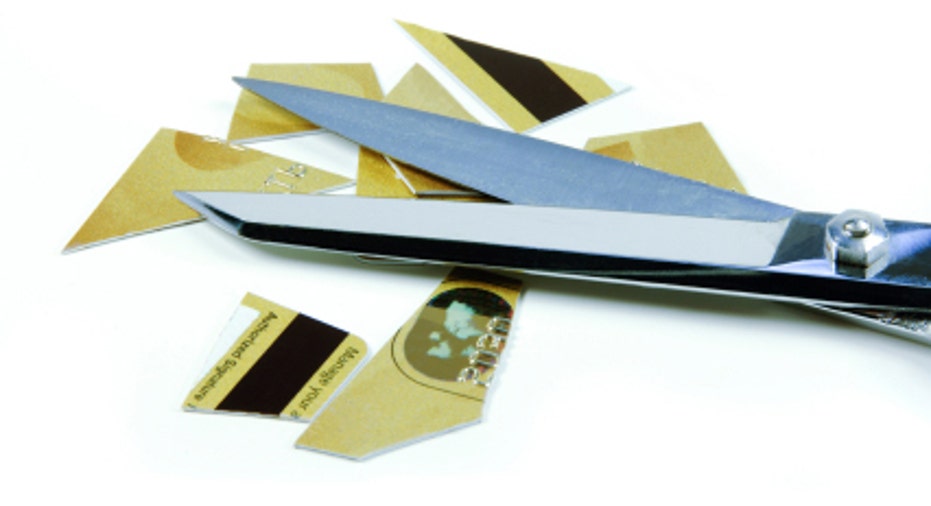Will Closing a New, Unused Card Hurt My Score?

Dear To Her Credit,
I recently opened an American Express credit card (a week ago) so I could use it to shop at Costco.
Today, I received an application for another American Express (Blue Cash) with a much better rewards offer. Is it better to cancel the first one I opened and open this new card? Or would it be better for my credit to open two new American Express cards than to close a newly opened one? Do card companies send information to the credit bureau even if the bill has not been generated yet when the card gets canceled?
I'm concerned about my credit score because I'm planning to refinance soon. Please enlighten me. Thank you!
- Rose
Dear Rose,
A lot of factors are in play in this scenario. Let's see how they affect your score.
Opening a new account may subtract a few points from your score -- less than seven in my experience. You may lose more points if you now have too many credit cards, especially if you carry high balances on them. (What consists of "too many" is hard to say. More than five would be pushing the limit.)
You may gain a few credit score points, however, for increasing your available credit if you carry balances on your cards. A higher level of available credit creates a lower debt-to-available-credit ratio, assuming the amount you owe stays the same.
The amount these factors affect your score depends on how many cards and how much debt you have. They're not even close to being the most important factors in your score, however.
The biggest factor in your credit score is your payment history. Thirty-five percent of your score is dependent on your successfully paying your bills on time. These two new cards can't affect this portion of your score -- at least not right away.
The second-largest factor is closely related: how much you owe. Another 30 percent of your score is calculated from the relationship of the amount you owe to your total available credit. If you keep your balances low, this isn't a problem. If not, you can improve this part of your score by paying off debts or increasing your total credit limit (which could include opening another card). Of course, I'd far rather see you pay off the debts.
Another 15 percent of your score reflects your length of credit history. It takes time to build a credit history, but assuming you have been using credit for some time, that shouldn't be a problem. Another new card or two won't make any difference.
Ten percent of your score is derived from your credit mix. Try not to have credit cards be your only source of credit history. If you're refinancing, you already have a mortgage. An auto loan or other installment plan can also help. Don't go into debt just to improve this score, however. You can build a perfectly good score without ever making car payments.
The last 10 percent is the part of your score most likely to be affected by new accounts. When a lender checks your credit, that is considered a "hard pull." This will temporarily ding your score when you open or even apply for a new account, even if you never use the account. Once you've done one of those two things, closing the account doesn't undo the damage. Fortunately, it's a minor ding to your score, and it won't keep it down long.
If one or two American Express cards don't make that much difference to your score, what does? According to FICO, a maxed-out card can cost you 10 to 45 points, depending on your original score. (The better your score, the more one mistake can cost you.) One 30-day late payment can drop your score as much as 110 points. A foreclosure can take your score down up to 160 points -- enough to change your loan officer's answer from a "yes" to a "no."
Be careful making changes, such as applying for new credit cards, when you are thinking about refinancing or otherwise applying for credit. Be even more careful, however, with the things that have the biggest effect on your score. Keep your balances low and your bills paid, and you shouldn't have to worry about your credit score.
See related: How a new credit card affects your credit score, Canceled credit cards don't leave your credit report quickly



















